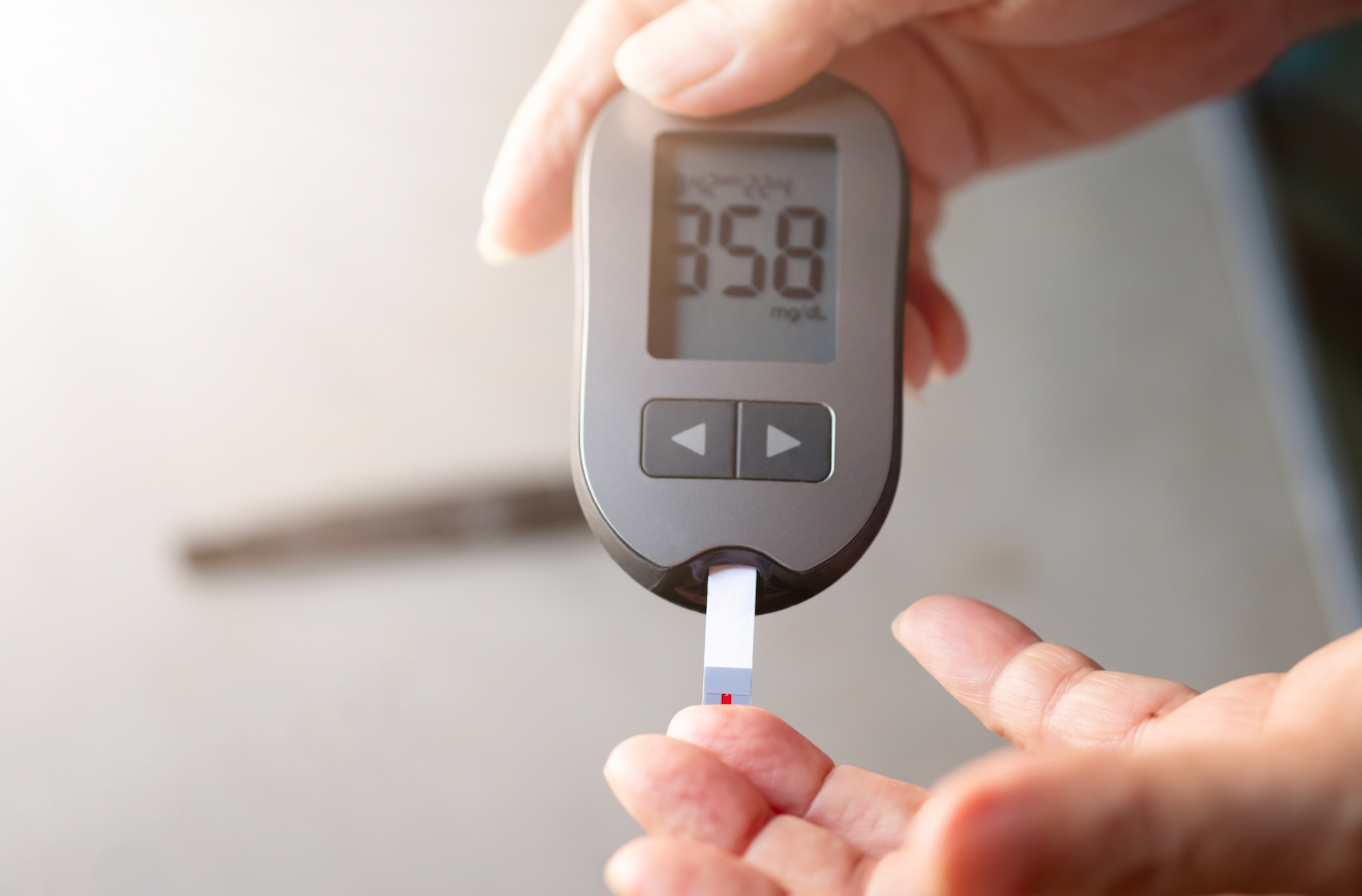Fasting intermittently is a popular way to improve health and wellness. It involves alternating between eating and fasting periods, allowing flexibility for those who want to feel better. While it sounds simple, intermittent fasting can greatly affect how your body works, helping it operate more efficiently. So, how does it work, and why is it so popular?
There are various methods of intermittent fasting, but they all aim to give your body a chance to rest and reset. By eating less frequently and limiting eating times, your body can focus on other functions, which may change your metabolism and energy levels. These changes can be significant, but consistency and understanding your body’s needs are key.
Intermittent fasting offers many benefits, but it isn’t right for everyone. Depending on your goals and lifestyle, fasting can help with weight management and boost mental clarity. It’s important to approach it carefully and know how it affects you. Speaking with a healthcare professional can help you make the best choices for your health if any underlying conditions are present.

What is Intermittent Fasting?
Intermittent fasting is an eating pattern that involves alternating between eating and fasting. Unlike traditional diets that focus on what foods to eat, intermittent fasting focuses on when to eat. It does not require strict calorie counting or deprivation.
Instead, it gives your body regular breaks from food to enhance its natural processes. Fasting periods can vary in length, allowing for flexibility to fit different lifestyles.
Many people use intermittent fasting to help manage their weight and improve their overall health. It can promote better digestion, balanced energy levels, and better metabolic function.
How Does Intermittent Fasting Work?
Intermittent fasting gives your body a break from constant digestion. This break allows your body to change how it uses energy.
When you fast, your body switches from using glucose to using stored fat for energy. This process, called metabolic switching, helps with weight loss and improves blood sugar control by increasing insulin sensitivity.
Fasting also starts cellular repair and reduces inflammation, which can lead to better overall health.
There are different ways to practice intermittent fasting, such as time-restricted eating or alternate-day fasting, making it a flexible option for aligning with your body’s natural processes.
Intermittent Fasting Methods
Alternate Day Fasting
Intermittent fasting has different methods to fit various lifestyles. One popular method is alternate-day fasting. In this approach, you eat normally one day and restrict calories or fast the next.
This can help with weight loss and improve metabolic health. It requires discipline but offers a clear schedule for when to eat and when to fast.
5/2 Intermittent Fasting
Another method is the 5/2 intermittent fasting plan. You eat normally for five days a week, then reduce your calorie intake to about 500–600 calories on the other two days. This method is flexible and still provides the benefits of fasting. It is a good option for beginners or people with busy schedules.
Time-Restricted Feeding
Time-restricted feeding is a method that limits eating to a specific time frame of 8 to 12 hours each day. This approach helps match your body’s natural rhythms and provides a daily fasting period, which can improve energy levels and digestion.
16/8 Intermittent Fasting
The 16/8 intermittent fasting plan is a specific type of time-restricted feeding. In this plan, you fast for 16 hours and eat during an 8-hour window.
Many people like this method because it is simple and fits easily into their daily routines while offering clear health benefits. Both methods offer flexibility, letting you choose the fasting plan that works best for you.

Benefits of Intermittent Fasting
Intermittent fasting has gained popularity due to its various health benefits, including weight management and improved cognitive function.
By allowing the body regular breaks from digestion, this eating pattern triggers mechanisms that can enhance both physical and mental well-being. Here’s a closer look at some of the potential benefits of fasting:
Weight Loss and Fat Burning
Intermittent fasting can help with weight management, especially for people with obesity. It reduces calorie intake and encourages your body to burn fat for energy, leading to weight loss.
You will see better results if you combine fasting with a healthy diet of whole foods and regular exercise.
Be patient, as weight loss can take time. Focus on being consistent instead of seeking quick results. Intermittent fasting is not just about losing weight; it is about building a healthier lifestyle for long-term well-being.
Improved Blood Sugar Control
One of the notable benefits of intermittent fasting is its ability to regulate blood sugar levels. By improving insulin sensitivity, fasting helps the body process glucose more effectively, reducing the risk of Type 2 diabetes.
This can be especially advantageous for individuals aiming to stabilize their energy levels throughout the day.

Reduced Inflammation
Chronic inflammation is a major contributor to various health issues, including heart disease, arthritis, and autoimmune disorders.
Intermittent fasting has been shown to lower markers of inflammation, leading to a more balanced internal environment. This anti-inflammatory effect may also promote better joint health and facilitate quicker recovery from injuries.
Enhanced Cardiovascular Health
Fasting can benefit heart health by lowering blood pressure, improving cholesterol levels, and promoting healthier blood lipid profiles. These changes can help reduce the risk of cardiovascular diseases, making this type of fasting a valuable addition to heart-healthy lifestyles.
Improved Skin and Cellular Repair
During fasting periods, the body activates processes such as autophagy, which repairs and replaces damaged cells. This can lead to healthier, more radiant skin over time. By reducing oxidative stress and enhancing cellular renewal, fasting supports overall skin health and contributes to a more youthful appearance.
Enhanced Brain Health
Fasting is associated with improved brain function and mental clarity in studies. This dietary approach may boost the production of brain-derived neurotrophic factor (BDNF), a protein that is vital for learning and memory.
Additionally, intermittent fasting helps to reduce oxidative stress in the brain, potentially lowering the risk of neurodegenerative diseases such as Alzheimer’s and Parkinson’s. By adopting a natural and flexible fasting regimen, individuals can support their overall health.
This sustainable approach can lead to enhancements in both physical vitality and mental well-being, making intermittent fasting a valuable strategy for long-term health.

Is Intermittent Fasting Safe?
Intermittent fasting can be safe for many people, but it is not right for everyone. If you have medical conditions like diabetes, eating disorders, or heart disease, you should not fast without checking with a doctor, as there may be risks involved. Pregnant or breastfeeding women, along with children and teenagers who are still growing, should avoid fasting because it can affect their nutrition.
Before starting intermittent fasting, it’s important to talk to a healthcare professional. They can help you determine if fasting is a good fit for your health and goals. A personalized plan can help you gain benefits while reducing risks.
Getting Started with Intermittent Fasting
Starting intermittent fasting requires preparation and a gradual approach. First, eat a healthy, balanced diet on non-fasting days. This helps provide your body with the nutrients it needs. On fasting days, stay hydrated by drinking plenty of water, herbal teas, or other calorie-free fluids.
If you are new to intermittent fasting, start with a 12-hour fasting window. This makes it easier to adjust before you gradually increase the fasting time. It is also wise to talk to a healthcare professional, especially if you have health concerns, to make sure intermittent fasting is safe for you. With patience and consistency, you can add fasting to your routine and enjoy its benefits.
Nutrition and Exercise while Fasting
Balancing nutrition and physical activity is essential when practicing fasting. You should eat healthy foods, including lean vegan protein, fruits, and vegetables, during eating windows to nourish your body and maintain energy levels. Proper nutrition provides your body with vital vitamins and minerals necessary for overall health.
Incorporating light physical activities, like walking during fasting periods, can enhance the metabolic benefits without putting too much strain on your body. However, it’s important to avoid intense exercise while fasting, as this can lead to dehydration and electrolyte imbalances, which may cause fatigue or dizziness.
You can create a long-lasting, healthy routine that optimizes the advantages of intermittent fasting by coordinating your diet and exercise with your fasting schedule.

Conclusion
Intermittent fasting is a simple and flexible way to improve your health. It involves alternating between times when you eat and times when you don’t. This method can help you manage your weight, boost your metabolism, and support your body’s natural repair processes. It offers benefits beyond losing weight, including better brain function and heart health. Many people find it easy to stick with it because of its simplicity.
Before starting fasting, it’s wise to talk to a healthcare professional. This will help you ensure it’s safe and right for you. Start with small goals, like fasting for 12 hours, and gradually increase as you get comfortable. Remember to drink plenty of water, eat healthy foods during your eating times, and include light exercise in your routine for the best results.
Intermittent fasting is more than just a diet; it can help reset and optimize your body naturally. Whether you want to lose weight, think more clearly, or improve your overall health, this approach can help. Stay patient, keep learning, and enjoy your journey to a healthier and more energized life!


